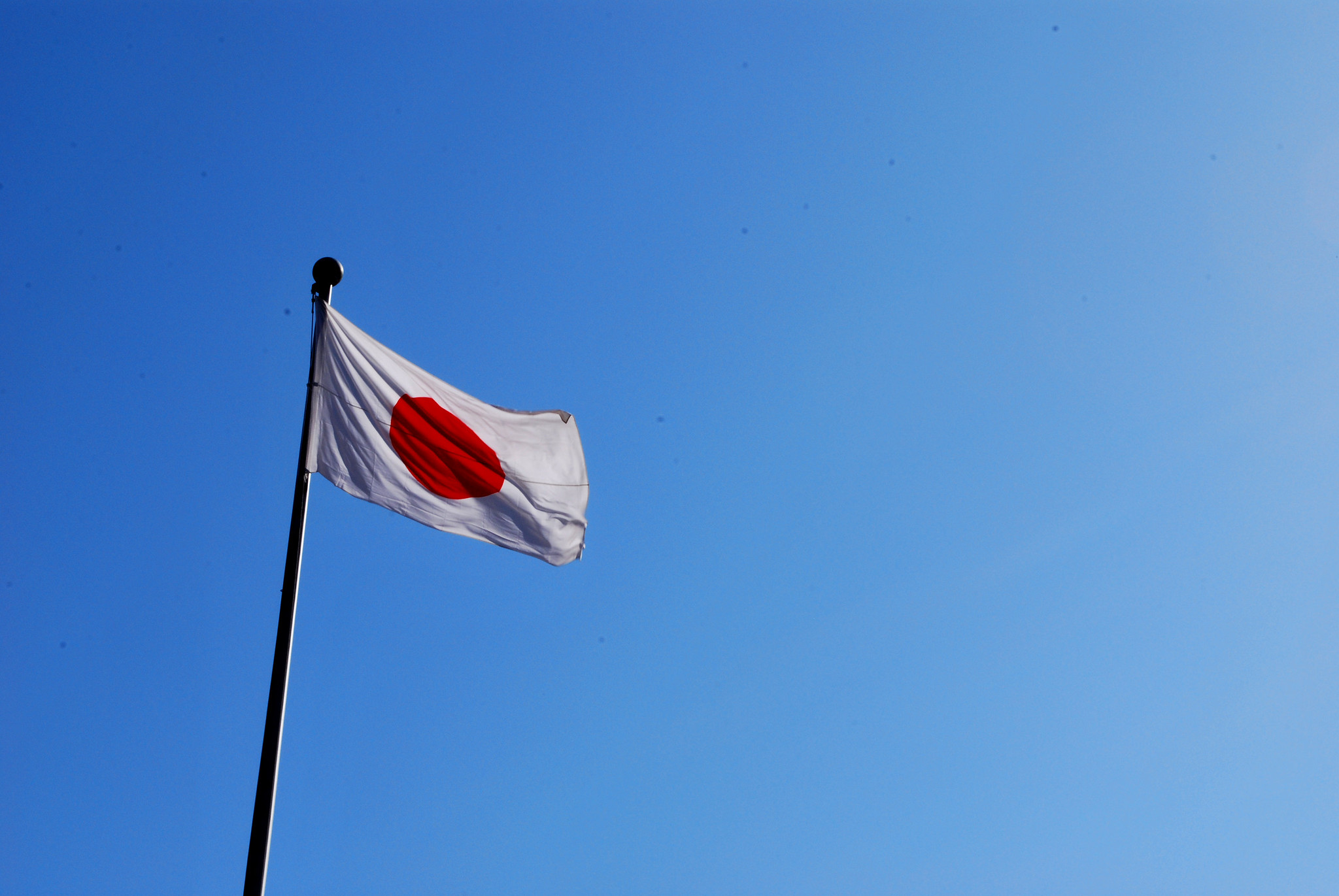Japan remains cautious about integrating cryptocurrency-based exchange-traded funds (ETFs) into its financial ecosystem, contrasting with the proactive stances of other global economies like the United States and Hong Kong. This hesitancy reflects broader concerns within Japan’s regulatory and tax frameworks that continue to impede the widespread adoption of digital asset products.
Global Context and Japan’s Cautious Approach
Globally, the acceptance of crypto ETFs is increasing. The United States Securities and Exchange Commission (SEC) and Hong Kong authorities have both greenlit Bitcoin and Ether ETFs, signaling a significant shift toward embracing cryptocurrencies within traditional finance (TradFi). On October 22, significant capital inflows were observed with investors allocating $329 million into BlackRock’s iShares Bitcoin Trust, illustrating the robust appetite for such products.
However, Japan’s financial regulators, including the Ministry of Finance and the Financial Services Agency (FSA), maintain a conservative outlook. Concerns about the inherent volatility and potential risks associated with crypto-based financial products lead to a cautious regulatory approach. Japan’s regulatory body is yet to approve the establishment and operation of crypto ETFs, citing the need for thorough risk assessment and management.
Taxation as a Barrier
The tax treatment of cryptocurrencies in Japan further complicates the adoption of crypto ETFs. Unlike traditional ETFs, which are taxed at about 20%, profits from cryptocurrency investments are taxed as miscellaneous income at rates up to 55%. This significant disparity poses a considerable barrier to mainstream acceptance and places Japan at a competitive disadvantage in the global crypto market.
In response to these tax challenges, Yuichiro Tamaki, leader of Japan’s Democratic Party for the People, has advocated for more favorable tax policies towards cryptocurrencies. On October 20, Tamaki proposed a flat 20% tax rate on crypto assets to align them more closely with traditional financial assets, encouraging voters to support this reform to bolster Japan’s position in the emerging Web3 economy.
The Domestic Crypto Environment
Despite regulatory and tax hurdles, Japanese firms remain engaged in the crypto market. Metaplanet, a Tokyo-listed investment firm, continues to accumulate significant Bitcoin holdings, positioning itself as “Asia’s MicroStrategy.” As of October 7, Metaplanet increased its Bitcoin assets by 108.78 BTC, valued at approximately $6.92 million, bringing its total holdings to nearly 640 BTC worth around $40.5 million.
Japan’s cautious approach to crypto ETFs reflects a broader hesitation within the country to fully integrate cryptocurrencies into its financial sector amid regulatory and taxation challenges. While global markets move forward with broader adoption, Japan’s conservative stance may hinder its competitive edge in the burgeoning crypto economy. However, ongoing discussions and proposals for tax reforms suggest a potential shift that could align Japan more closely with global standards, fostering a more favorable environment for cryptocurrency investments and innovations.











